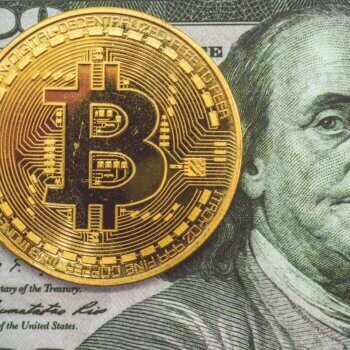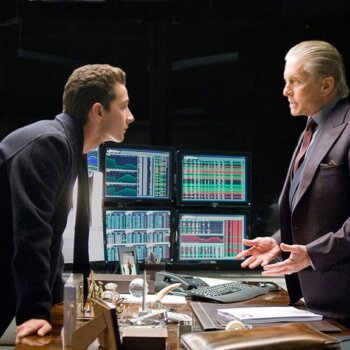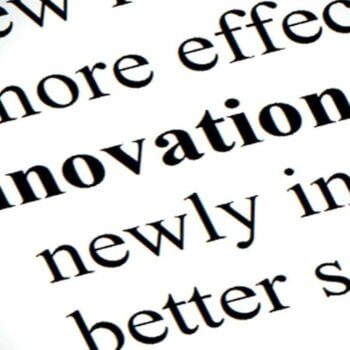Is Elon Musk swimming naked?
Whether you think Elon Musk is an entrepreneurial genius or a snake oil selling fraudster is probably a good indication of whether you’re an entrepreneur or a professional investor.
There are numerous ways in which investors and entrepreneurs differ in their views and values but in my research I have been staggered by how polarising Musk is and how much hatred the finance industry has for him.
One of the most shorted stocks in history, it has 3 times as many negative headline stories as positive ones (mainly in mainstream and finance publications). Cynics would say that many of those stories are paid for and placed by the Fossil Fuel & traditional Automobile Industries. Two of the most powerful and well funded lobbies in the world. Topped up by the short sellers. All who have a very vested interest in seeing him fail.
Of course if you’re an entrepreneur, it is likely that all you see in your feed is stories about what an amazing real life Tony Stark he is. As a consumer, you probably admire the products he makes and as a citizen you probably think anything that reduces pollution in cities is a good thing.
Reading outside your ‘bubble’ is always a cultural shock but it is necessary if you want to understand exactly Wall Street has against him.
At the heart of it seems to be a deep seated mistrust of self promotion and over promising. Often times the very things that allow entrepreneurs to attract clients, staff and investors to grow the business are not what investors want to see when it goes public and ‘should’ have a level of maturity. It is the time to bring in the ‘grown ups’. But grown ups are, by their nature, risk averse and to push beyond the norm, you need someone who is willing to stake it all on the line.
In Silicon Valley, the model of move fast and break things, try and solve big global problems (moonshots) and use scale to solve almost any problem is not just lore, it is almost hard wired into the thinking of entrepreneurs. From the Valley and increasingly from the rest of the world. That model, no doubt, has many problems but it has also been responsible for some amazing developments over the years. Microsoft and Oracle are just two successful companies that were willing to sell and ship products that were sub par and full of bugs, just because it gave them the time to catch up behind the scenes.
But it doesn’t always work. Elizabeth Holmes of Theranos fame build a $9 billion house of cards on false promises, half truths and flat out lies in the hope that the technology would catch up with the narrative she was sharing. One man’s ‘inspiring vision’ is another’s ‘fraud’.
Holmes was caught because the technology didn’t catch up. Not even close. And a determined journalist was able to unravel the true story.
Unlike Theranos, most frauds don’t unravel when times are good, they fall apart when times are bad, when no more money can be raised to plug the gaps. The argument on Wall Street is that Musk’s self promotion (flamethrowers, rocket launches, caps, tunnel digging, kid rescuing subs, twitter pronouncements etc.) are nothing more than a distraction and that when the money runs out, Tesla will fall off a cliff and the hand wringing will begin. As of October 2018 there are increasingly loud voices on the street saying the party is about to end. And as Warren Buffet says, “only when the tide goes out do you discover who has been swimming naked’.
Will that be Musk? Or will he get Tesla to profitability, justify the lofty share price and have the last laugh on Wall Street? Will it even matter? Entrepreneurs will likely still admire his resolve and Investors will likely never trust him. How you feel on the matter probably says a lot about where you sit on that spectrum.
Author: Callum Laing
@LaingCallum
Linkedin.com/in/CallumLaing/































